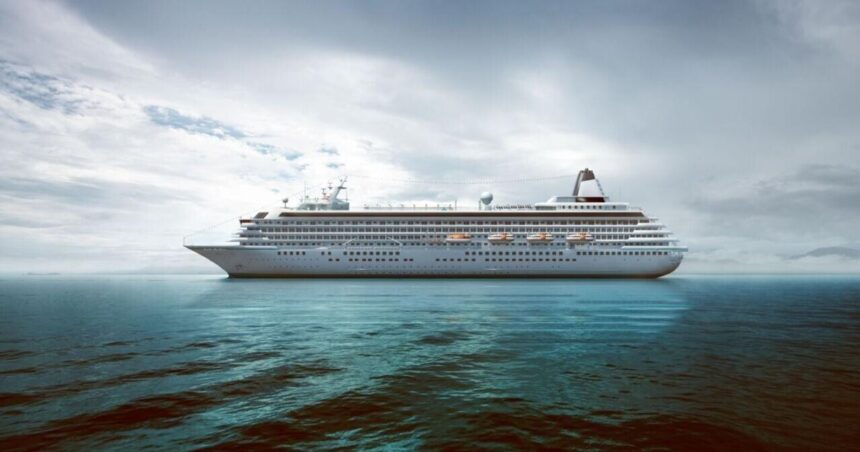We are now more than three weeks into the Atlantic hurricane season, and only one tropical cyclone has been observed, which has now intensified into Tropical Storm Alberto. However, the NOAA National Weather Service predicts an 85% chance of an above-normal season. They expect around twelve hurricanes to develop, with up to seven of them being classified as “major,” meaning category three, four, or five storms.
Travelers need to be prepared for a potentially major hurricane season this year.
The hurricane season lasts from June 1 through November 30 each year. The high winds and heavy rain associated with hurricanes pose a significant threat of damage to anything in their path. NOAA’s forecast indicates “near-record warm ocean temperatures,” hinting at stronger and more frequent storms in 2024.
When meteorologists predict a hurricane, travelers must be vigilant for any potential changes to their travel plans.
Severe weather can be a challenge for travelers at any time, but during hurricane season, the risk of cancellations by airlines and cruise ships increases. Cruisers who enjoy trips to tropical destinations in the Atlantic Ocean face higher odds of encountering a hurricane in the summer and fall seasons.
Forecasting hurricanes with enough warning to adjust vacation plans is difficult. Travelers must remain alert during hurricane season for possible cancellations and be prepared for any impact on their trip due to weather conditions.
Experts offer advice on taking extra precautions when booking a cruise during hurricane season.
Travel Insurance
In worst-case scenarios, hurricanes can disrupt cruise itineraries and lead to trip cancellations. Travel journalist Megan duBois emphasizes the importance of travel insurance, stating that “sailing to a tropical destination when a hurricane is approaching is not safe.” Travel insurance can protect travelers from financial losses due to trip cancellations during the unpredictable hurricane season.
Experts recommend adding travel insurance to cruise reservations. Sarah Gilliland, founder of On the Road with Sarah, stresses the necessity of travel insurance. She explains, “There’s no way to predict weather patterns, and travel insurance is one of the best ways to safeguard your cruise vacation.”
While major cruise lines offer insurance options, experts suggest that third-party insurance typically provides more comprehensive coverage, albeit at a higher cost. Most insurance policies cover trip cancellations and other non-weather-related interruptions, such as lost luggage or medical emergencies. Families are advised to compare different insurance policies before choosing the most suitable one.
Even if travel insurance is not used, it can provide peace of mind and protect funds in case of cancellations. Travelers should review the cruise line’s cancellation policy before booking to understand their options in case of delays or cancellations.
Expect Itinerary Changes
Inclement weather can disrupt cruises and result in changes to passengers’ itineraries. While passengers understand that ship captains may delay arrivals at ports of call for safety reasons, it can still be disappointing. In some cases, ships may skip certain destinations or routes, or cruise lines may cancel trips altogether.
Traveling during hurricane season means being prepared for potential itinerary changes. Megan duBois shares her cruising experience, noting how itineraries “can change almost daily if a hurricane forms after your ship has set sail. Flexibility is key.”
To ensure a smooth travel experience, duBois recommends monitoring the weather on days before and after the cruise. “Even if the weather is fine during the cruise, the days before or after may be affected. Keep an eye on local weather forecasts for your departure and arrival ports,” she suggests.
Having the right mindset can help manage disappointment from itinerary changes. Mikkel Woodruff, Editor of Sometimes Sailing, advises, “Hurricane season covers a significant portion of the year when many people want to cruise. Be prepared and manage your expectations for a successful cruise no matter what happens!”
Preparedness starts with monitoring storm activity, which can give travelers several days’ notice of a potential hurricane forming. This allows travelers to assess the risk of a storm affecting their travel plans and take appropriate action.




